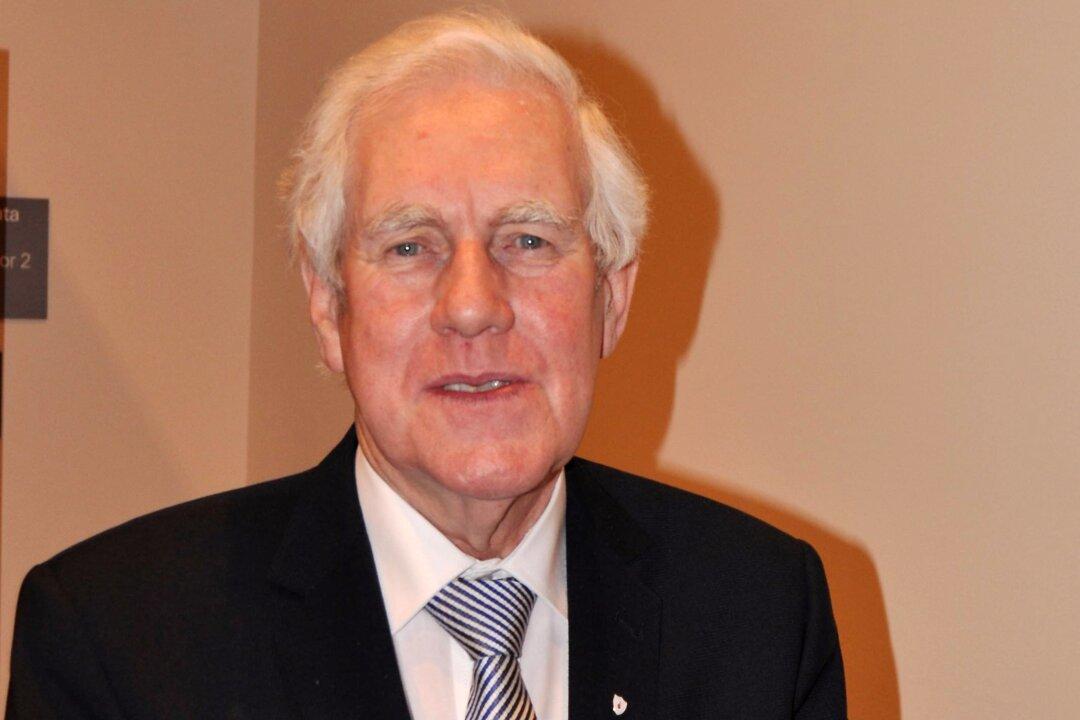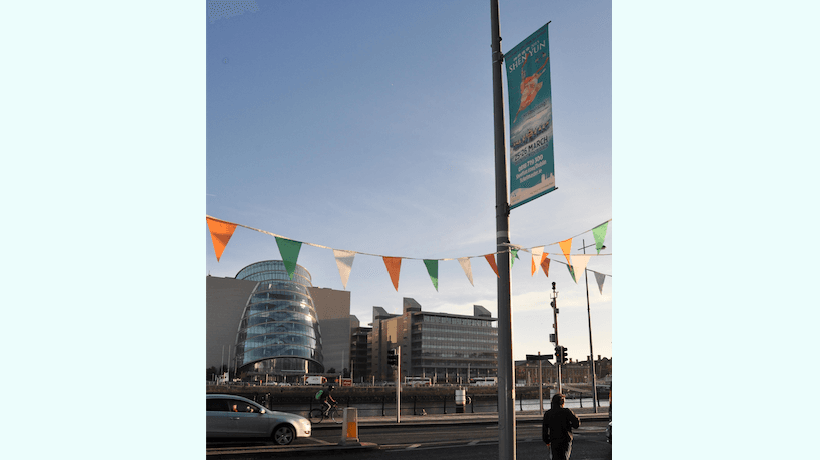Speaking on Newstalk 106 radio station on Tuesday morning S&P European Sovereign Ratings Director Frank Gill said “Ireland would have to commit to a larger structural reform to lay the foundations for economic recovery.”
Mr Gill thought that the Celtic Tiger was built on “cheep credit” and “an unsustainable housing boom”. S&P spokesman was also concerned with respect to private sector debt which is dependent on the banking system, which in turn is a contingent cost to the government.
Mr Gill emphasised that Ireland still maintained an AA+ rating which he said, “symbolised an extremely low probability of default, Ireland is a highly rated country.” {etrelated 14570, 14560}
The S&P spokesman continued to say that “In order for there to be buy into inevitable tax hikes ... you are probably likely to need new faces in government, as often is the case... this is typically the case in the aftermath of economic crisis.”
Mr Gill’s comments with respect to “new faces in government” have annoyed and appeased many government and opposition politicians.
Labour’s Rurai Quinn said that S&P were by no means perfect, but he would go along with what they said because in his view the Irish government were “a very tired team, they have been there for eleven years plus, many are simply too long in government.”
“Commenting on the government is a matter for the Irish people in an election” said Joan Burton of the Labour Party upon hearing S&P comments on new faces in the Irish government.
“S&P has downgraded the government as well as the economy” said Fine Gael Deputy Leader and Finance Spokesman Richard Bruton TD.
“What is needed now is a new government with a new mandate to take the country in a new direction. This would send a clear signal to the international markets that Ireland is under new management,” claimed Mr Bruton.
The Irish government plans to hold an “emergency budget” next week, however this was not seen by S&P as enough evidence to maintain the AAA status. Ireland gained the top rating in 2001 during the height of the “Celtic Tiger”.
Ireland now joins Spain, Greece and Portugal in the lower divisions of lending worthiness, Spain had their top AAA status removed in January this year.
Moody’s and Fitch have maintained Ireland’s AAA rating but warned that the outlook is negative,
often a euphemism for a pending change in rating, the Irish government’s emergency budget will be viewed closely by all rating agencies over the next month to ascertain if public finances are controllable. The Irish government must keep the budget deficit below 10 per cent of GDP.
According to Richard Bruton TD, “The government now has even fewer options in the emergency Budget, but there is one very important choice to make. Either it returns to its ‘slash and burn’ tactic of cutting front-line services while leaving bureaucracies intact. Or it can bring radical reform to the public sector and impose a bold agenda of reform for the public services to make Ireland more competitive, and help protect jobs and services.”
Downgrading from AAA to AA+ rating is a sign that S&P are more worried about Ireland’s ability, to repay debt than this time last year but AA+ still means Ireland’s credit worthiness is deemed very strong.
“The downgrade reflects our view that the deterioration of Ireland’s public finances will likely require a number of years of sustained effort to repair, on a scale greater than factored into the government’s current plans,” S&P credit analyst David Beers told Reuters.
It would appear that S&P do not think that Ireland’s Taoiseach Brian Cowen can make the kind of changes necessary to halt the current spiral in public spending, the other main rating agencies are prepared to wait and see how he fairs in the pending emergency Budget.
It must be noted that the same credit rating agencies were oblivious to the whole sub-prime mortgage issue to hit the US in recent years and triple A ratings were perhaps given out too easily.





